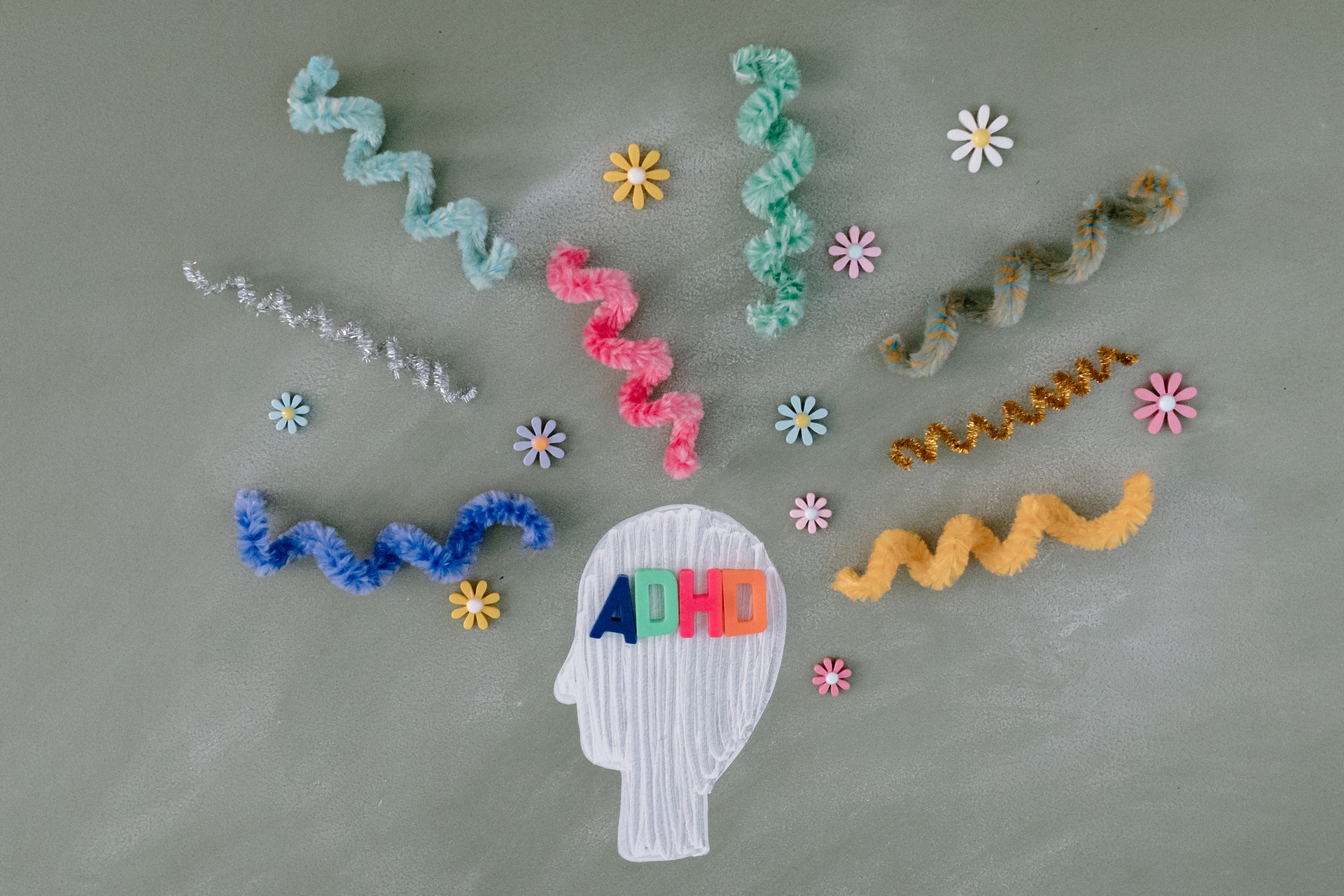What is ADHD?
Attention-deficit/hyperactivity disorder or ADHD is defined by showing persistent patterns of inattention and hyperactivity and impulsivity, interfering with daily functioning. Symptoms often begin in childhood and can continue into adulthood. Symptoms may also contribute to interpersonal, relational, and social deficits. Individuals living with ADHD may experience low self-esteem, restlessness, impatience, difficulties focusing and prioritizing tasks, mood swings, and anger outbursts.
Diagnosis and Symptoms
The Diagnostic and Statistical Manual of Mental Disorders (DSM-5) criteria for ADHD includes symptoms for both inattention and hyperactivity/impulsivity.
Criteria for adults includes adolescents aged 17 years or older with five or more symptoms present.
Inattention:
- Often fails to give close attention to details or makes careless mistakes
- Difficulty sustaining attention
- Often does not seem to listen when spoken to directly
- Often does not follow through on instructions/easily distracted
- Difficulty organizing tasks and activities
- Often avoids, dislikes, or is reluctant to do tasks that require mental effort over a long period of time
- Loses and misplaces objects
- Easily distracted
- Is often forgetful in daily activities.
Hyperactivity and Impulsivity:
- Often fidgets with or taps hands or feet, or squirms in seat
- Often leaves seat in situations when remaining seated is expected
- Often runs about / feeling restless
- Often unable to take part in leisure activities quietly.
- Is often “on the go”
- Often talks excessively.
- Often blurts out an answer before a question has been completed.
- Often has trouble waiting their turn.
- Tends to act without thinking

ADHD symptoms can often present positively when high functioning and go unnoticed. As a child you may have done well in school, or you may have experienced extra support as well as coping strategies were made more readily available that decreased symptoms. Individuals with high functioning ADHD may have flourished in environments that supported or channeled distractibility as curiosity or impulsivity as creativity.
These may be positive attributes; however, difficulties can persist in high functioning ADHD with organization, time management, multi-tasking, restlessness, putting off or not completing projects, mood swings, easily stressed, difficulties listening, and difficulties managing or following one’s own thoughts.
Prevalence and Statistics
There are more than 3 million US cases per year with males more likely to be diagnosed than females with childhood onset that gradually diminishes with advancing age.
Causes
There are no firm causes to ADHD, however research provides that genetics may be a contributing factor. Additional studies are looking at causes and risk factor contributors of brain injury, low birth weight or premature delivery, substance or tobacco use during pregnancy, or exposure to environmental risks.
Treatment
It is best to consult a physician and psychotherapist for interventions specified for your symptoms. Testing can be conducted to determine the presence of ADHD with symptoms best supported with a combination of psychotropic medications, behavior therapy, and talk therapy.
Common medications utilized are stimulants, non-stimulants, anti-depressants, and mood stabilizers.
Coping Skills
Acknowledge your symptoms versus succumbing to them. Include exercise in your routine. It can lower stress associated with ADHD symptoms. Avoid persistent work by taking relaxation breaks. Find strategies to organize your time and prioritize free of distractions. Make plans and follow a daily routine that includes enjoyable self-care activities. Learn to say no and create boundaries, overextending yourself can exacerbate symptoms.




